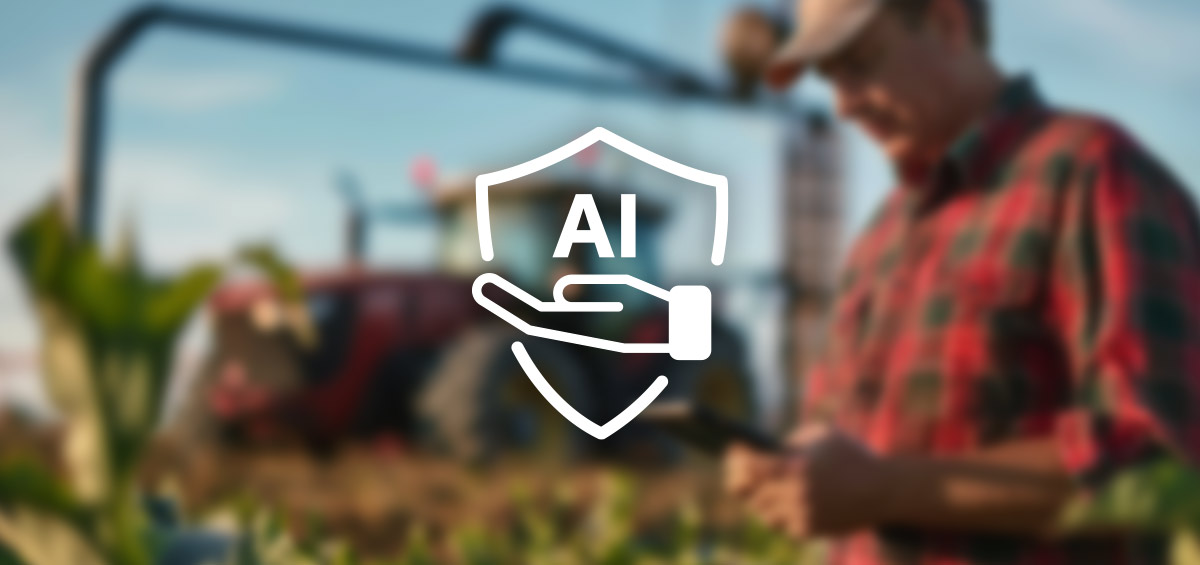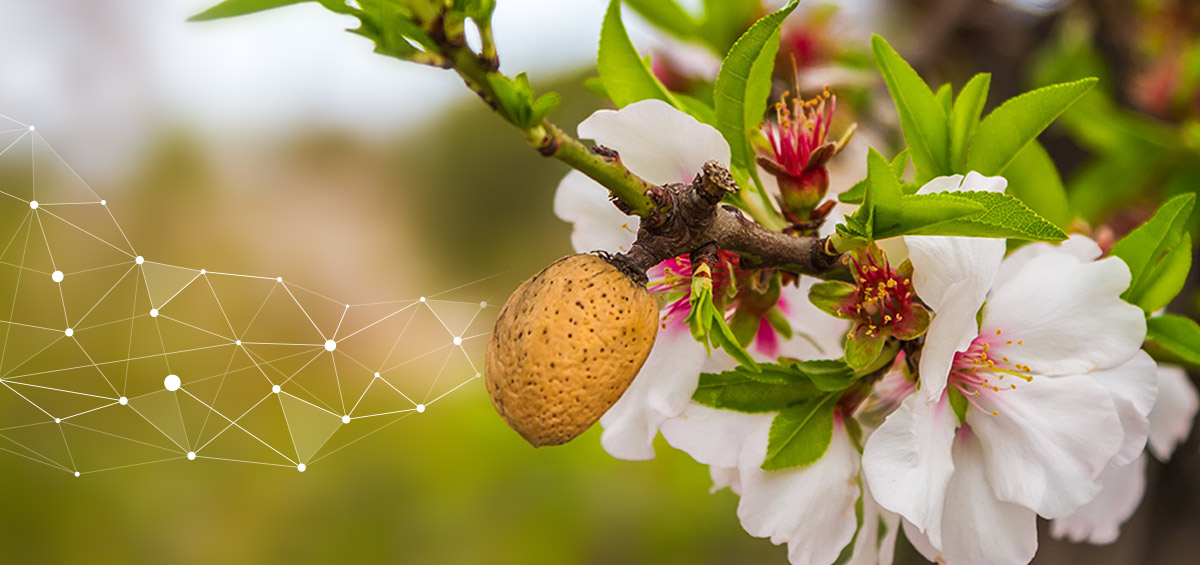If you are wondering what some farming term means, find it here.
Agribusiness: Agriculture operated by business and involving all activities in the business of agricultural production.
Agriculture: The occupation of farming animals, plants and fungi needed for human life.
Agropoly: A term coined to describe when only a few companies control the majority of the food system.
Big food: Name given to large food corporations that dominate the food industry.
Biofuel: Fuel that is made from the energy source of living things or the waste that they produce. e.g. vegetable oil, algae and sugar cane.
Biodynamic: This is a spiritual-ethical-ecological approach to agriculture, food production and nutrition where the whole farm is viewed as a living organism, pioneered by Austrian scientist and philosopher Dr Rudolf Steiner. It is also a recognized certification for organic farms that meet higher biodynamic practice standards.
Co-operative: An organization which is owned and managed by the same people that use its services. Co-operatives are commonly used by farmers selling the same produce or buyers wanting to purchase produce as a group to achieve economies of scale.
Conventional farming: A method of farming practiced by industrial farmers which requires external high energy inputs in order to achieve high yields. Conventional farming often involves the use of fertilizers, pesticides and machinery.
Demeter: The largest certifier of biodynamic farms and their produce.
Developing country: A lowly-industrialised country usually with a poor performing economy that is usually primarily based on agriculture. The average income for an individual is often less than $2 a day.
Ecological: Practices that care for and/or work in harmony with the environment.
Erosion (soil): The weathering of the earth, often by wind, water or farming practices which often results in the loss of topsoil.
Extreme weather: Severe weather events that are unusual or unseasonal.
Factory farming: A method of intensive farming where animals are raised in confinement, often indoors, in order to maximize their growth rate for maximum profit. Also known as industrial animal farming.
Fairtrade: A model of trade where the price for produce is raised and maintained to cover the costs of sustainable production, empower farmers and encourage environmental and sustainable farming practices.
Farm to Fork: A term used to describe the path of produce from where it is grown to where it is consumed.
Farmer: Someone who grows produce or animals for consumption.
Farm management software: Software that helps farmers to manage all farm activities, finances, inventory and analyze farm performance.
Farmer’s market: A place where consumers can buy produce direct from farmers.
Food desert: Places where there is limited or no access for the community to fresh and healthy food.
Food fraud: Deceptive practices where food is manipulated and sold under false pretenses.
Food industry: The activities involved in growing, production and selling food locally and globally.
Food-like product: An item that is sold as food to be eaten but has little resemblance or nutritional value to the raw ingredients from which it was made. e.g. a Twinkie.
Food miles: The distance between where food is grown to where it is consumed.
Food security: A situation where the continual supply of food to feed a population is stable.
Food shortage: The lack of sufficient food to meet demand.
Food sovereignty: The right of people to control and define their own food systems and policies, without influence from corporations and governments.
Free-range: A method of farming which allows animals access to an outdoor area for a minimum time period.
GAP: Good Agricultural Practices. These are specific farming techniques that help to grow food that is safe and sustainable, whilst caring for the long term health of the land and environment.
GMO: Genetically Modified Organism. An organism whose DNA has been genetically engineered for select characteristics deemed favorable.
Hyper-local food: Food grown and eaten in the same place with extremely low food miles. e.g. restaurant roof-top farming.
Independent farmer: A farmer who owns and operates their farm with minimal influence from organizations.
Local food: Food which is consumed close to where it was grown.
Medicinal produce: Produce that is grown for alternative medicine and the pharmaceutical industry.
Multi-national food corporation: A company which makes and sells food and operates internationally.
Natural fiber produce: Animal or plant produce grown for the use in the textile industry. e.g. wool, cotton, bamboo, cane wicker.
Organic: A certification given to produce grown without the use of synthetic fertilizers or chemicals, are not GMO and in the case of meat – the animals are not given antibiotics or growth hormones.
Pasture-raised: To raise animals outside in their natural environment (but with access to shelter) where they are able to forage and behave according to their natural instincts.
Produce: Any raw or whole food, drink, medicinal plant or natural fiber grown by farmers.
Re-seller: A person who acts as an agent between farmer and buyers in the produce supply chain. They often add value through distribution.
Slow food: An international movement which values food that is prepared following local culinary traditions, using high quality, locally sourced ingredients.
Small-holder farmer: Farmers who farm land under two hectares.
Ugly fruit & vegetables: Produce that does not meet food presentation standards, often set by supermarkets.
Whole-food: Food in its most natural state, harvested but largely unprocessed.




